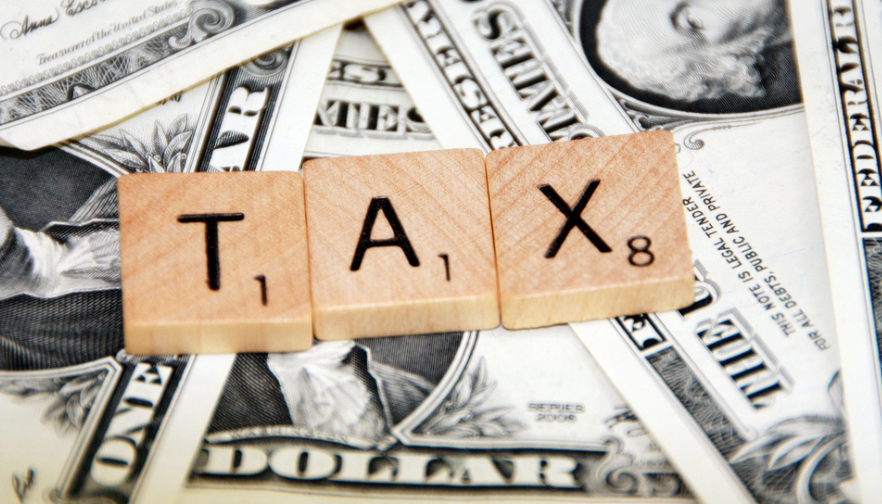In cash-strapped Houston, property taxes play a large role in financing city services. They represented around 46 percent of the total general fund in the city of Houston's latest budget. But a citywide revenue cap, approved by voters in 2004, restricts annual property tax increases and, Mayor Sylvester Turner has argued, hamstrings the city government in the process. In his State of the City address in May, Turner said the city had foregone an estimated $221 million in "lost revenue" since the cap went into effect in 2014. Turner has promised to bring the cap before the voters in November, asking them to repeal to the measure.
"Repealing the revenue cap means a better credit rating for Houston, and lower costs for taxpayers when we finance improvements to the City buildings, parks and libraries that serve our neighborhoods," said Turner in his May address.
Many, including former mayoral candidate Bill King, have been vocal about the need to keep the cap, particularly as tax bills surge upward along with property values in Houston. "It is a little embarrassing to ask voters to repeal the property tax cap in a year when the property taxes are increasing by double digits," wrote King in the Houston Chronicle.
But, according to a national analysis by the Lincoln Institute of Land Policy, Houston has the lowest effective property tax rate — the tax bill as a percent of a property's market value — among Texas cities. Nationally, however, Texas cities stand out for their relatively high tax rates, partly because the state has no income tax. And even though Texas bans any statewide property tax, some have argued in legal challenges, that the reliance on that revenue to fund schools has effectively created just that.
 Property Taxes on Median Valued Home for Largest City in Each State in 2016. New York and Illinois both have two cities included in the count since their taxation schemes vary so much. Source: Lincoln Institute of Land Policy.
Property Taxes on Median Valued Home for Largest City in Each State in 2016. New York and Illinois both have two cities included in the count since their taxation schemes vary so much. Source: Lincoln Institute of Land Policy.
Comparing the largest cities in each state in 2016, the latest annual report from the Lincoln Institute ranked Houston 16th for its effective property tax rate of 1.78 percent and 23rd for its tax bill for a median valued home. The city's effective tax rate for commercial properties — 2.36 percent — ranked 19th among the biggest cities in each state. And for apartment property taxes, Houston ranked 13th with an effective tax rate of 2.35 percent, according to the report.
Comparing the taxes paid on apartments and homestead residences — those occupied by a homeowner as their primary residence and that receive tax exemptions — the report also quantified the degree to which apartments subsidize homestead property taxes. In most cities, commercial property taxes were responsible for a larger chunk of the subsidy but in a handful, including Houston, the effective tax rate for apartments was higher than for commercial property, meaning apartments paid for a larger chunk of the subsidy for homeowners.
The report also tried to contextualize the variation in tax rates by assessing how reliant a local government was on property tax revenue. Here, Houston ranked 15th out of 73 cities despite ranking 21st for its tax rate. Median home values in Houston also fell on the lower end of the rankings: 50th out of 73.

